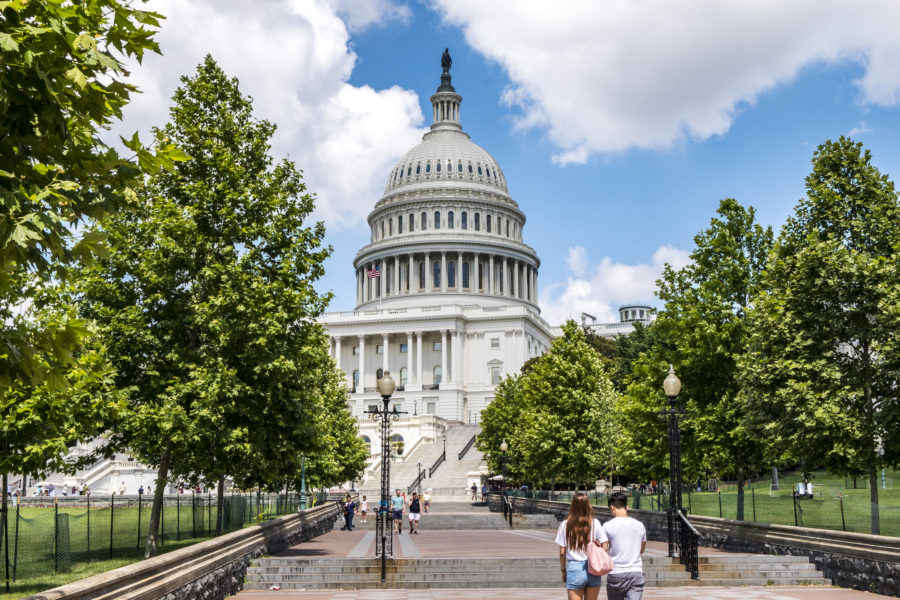The high cost of health care and the increasing decline in health insurance coverage are a concern for all people living in America. But for immigrants, who have extremely low rates of insurance coverage compared to U.S.-born populations, the situation is even more precarious. Low incomes, lack of insurance, concern over immigration enforcement, and other barriers pose serious threats to immigrant health. That, in turn, poses a risk to the broader public health. Federal and state laws impact immigrants’ access to care and, therefore, public health. Attend this webinar to examine a few of the laws and policies that create barriers to immigrants’ access to care.











